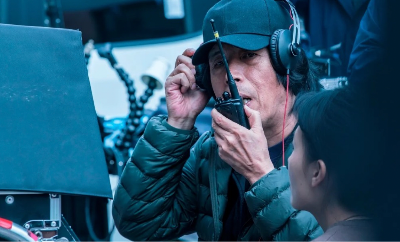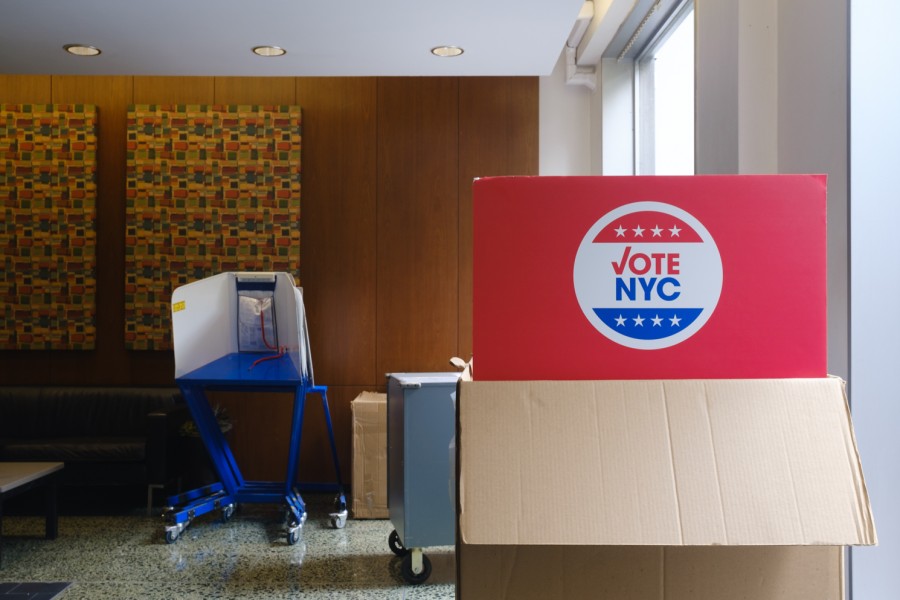American Apparel flounders without controversy

September 14, 2015
With plummeting sales and increasing worker unrest, American Apparel seems unable to thrive without its controversial pioneer, former CEO Dov Charney. Founded in 1989, the clothing company found its niche in designing a uniform of sorts for the American cool kid. Staples of the brand over the years have been basic T-shirts, knee socks, leggings and ’70s-era gym shorts, all in Crayola-bright hues. The brand also gained notoriety for its seemingly progressive practices, touting graphic tees emblazoned with “legalize gay” and placing the slogan “sweatshop-free” on all of its advertisements as a reminder that its factories remain in Los Angeles.
Over the years, however, American Apparel’s image created a fair bit of scandal. Its controversial advertisements have featured a diverse array of models in compromising positions, and often half-nude. American Apparel’s advertising campaigns have invited plenty of backlash, especially from more conservative brands. Charney dismissed these criticisms on several occasions, stating merely that “sex is inextricably linked to fashion and apparel.” This controversy alone wouldn’t warrant more than a raised eyebrow from the everyday consumer if it weren’t for Charney’s later exploits. Over the years the CEO was at the center of numerous sexual harassment allegations, cringe-worthy internal memos and a now-infamous article in Jane magazine in which Charney masturbated in front of the reporter. Despite attempts to write off these incident off as displays of sexual liberation, Charney was ousted last summer as chairman and CEO of American Apparel. His replacement, Paula Schneider, came into the position this past June and was determined to erase Charney’s lingering shadow from the brand. Her plan to take the brand from “chaotic to iconic,” though well intended, ultimately failed as indicated by a recent drop in sales.
Despite his personal faults, Dov Charney had great success in bringing American Apparel to the forefront of young adult fashion. He recognized a key trait in young consumers: a love for pushing boundaries. In a time when monogrammed handbags and logo T-shirts were the height of style, American Apparel’s blank clothing offered a bold alternative. American Apparel embodied the voice of young, politically aware Americans in a way that most clothing brands never could.
Schneider has erased this voice. American Apparel no longer feels like the uniform for an opinionated generation. Without its signature ethos, the brand has been silenced and reduced merely to its clothes, which was never its true focal point. This is not to say that firing Dov Charney was unwarranted. His behavior was unacceptable, and he was rightly dismissed for his treatment of employees, particularly women. But American Apparel was beloved for its rebellious nature, and glossing over that image will only alienate customers. If American Apparel has any hope of weathering this storm, it must look back at what it meant for consumers in its heyday: something suggestive, exciting and bold.
Opinions expressed on the editorial pages are not necessarily those of WSN, and our publication of opinions is not an endorsement of them.
A version of this article appeared in the Monday, September 14th print edition. Email Mandy Freebairn at [email protected].












































































































































